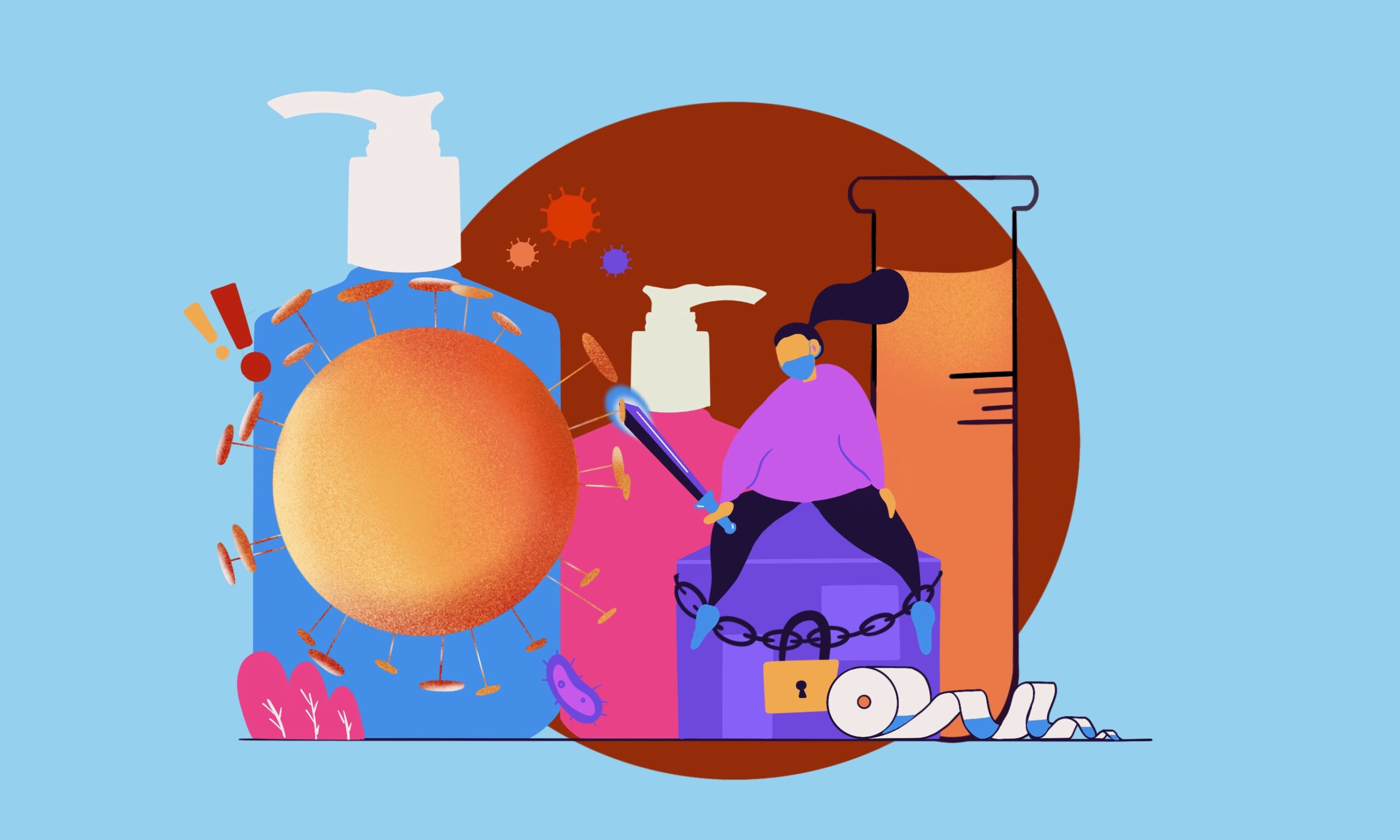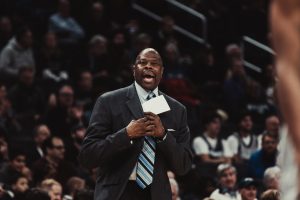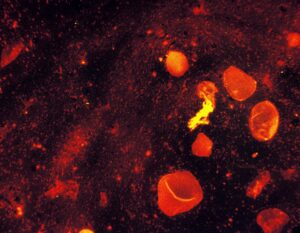The Viral Emergence Research Initiative (Verena) was launched by two members of the Georgetown community in May as a way to enhance the ability of the scientific community to predict the emergence of new wildlife viruses.
Amid the latest virus outbreak-turned pandemic that has killed nearly one million people worldwide, Colin Carlson, an assistant research professor at Georgetown’s Center for Global Health Science and Security, and Gregory Albery, a postdoctoral fellow at Georgetown, are striving to facilitate an unprecedented interdisciplinary approach to prediction-making. With their team of 21 early-career science professionals, Verena hopes to not only change how research about wildlife viruses are conducted, but how their findings are communicated.
“For the last couple of decades people have been talking about ‘you know we’re going to predict and prevent the next pandemic’ and we clearly didn’t do that this time,” Carlson said. “The question is—where’s the disconnect?”
According to Carlson, a primary reason Verena was established was to devote more research to spillover events (the process where a virus jumps from an animal species to a human), which has catalyzed some of the past centuries’ worst virus outbreaks.
“What that means in practice is we often predict compatibility between hosts and viruses,” Carlson said. “So how do we know what kind of bat might have a SARS-like virus? How do we know which kind of animals can share viruses with each other? What are the risks?”
Daniel Becker, a postdoctoral fellow at Indiana University and the lead disease ecologist at Verena said despite the clear failure of past research programs to prevent pandemics, Verena has the predictive models to better anticipate spillover events. At the same time, he acknowledges the extreme difficulties virologists face in predicting spillover due to its relative infrequency and the lack of data scientists can obtain from the spillover itself.
“Predicting spillover events is really hard,” Becker said. “Right now with COVID we know it most likely originated in horseshoe bats and probably passed into some intermediate host species (which we don’t know what this is yet) and then jumped from that thing into people. So, we don’t really know the source of the infection yet.”
An ecological modeler by training, the future effects of climate change have always been on Carlson’s mind. But in a world where the consequences of climate change are already materializing, Carlson’s concern has deepened.
“We know that malaria has shifted into the East African Highlands because of climate change,” Carlson said. “We know we’re having record dengue years because of climate change and that heat waves are getting worse.”
Although Carlson is hesitant to directly attribute pandemics to climate change without concrete data, he is more clear-eyed than ever that climate change is shaping a world increasingly conducive to the spread of emerging viruses.
“Climate change didn’t cause COVID-19,” Becker said. “Climate change does mean that we will see a lot more things like COVID-19.”
Becker, meanwhile, has been pleasantly surprised at the spike in research in emerging wildlife viruses among academic circles since the pandemic hit.
“The pace of research feels really unprecedented,” Becker said. “People are doing their work—often really good work—rapidly.”
On the other hand, Carlson has reasons to be skeptical. He cites McGill University Professor Madhu Pai’s recent observation that the “Covidization of Research” is leading non-experts to publish error-laden science and miscommunicate findings that could potentially mislead the public.
“COVID wasn’t going to be seasonal from the start. There weren’t going to be any countries that were protected from COVID,” Carlson said. “But a lot of people jumped into that work and now we have a little bit of a science communication problem where the public thinks summer was supposed to be safe and the scientists lied to them.”
Over half a year into a pandemic that may never have a decisive end, Carlson confesses he is feeling the strain of working non-stop. In July, the science writer Ed Yong featured Carlson in an article in The Atlantic titled, “The Pandemic Experts Are Not Okay.”
“I think I was working long hours by choice before COVID,” Carlson said. “And now I am no longer working long hours by choice.”
The burnout Carlson is facing is a larger problem afflicting public health officials and virologists nationwide.
“The experts who have been trying to do science communication—they are all going to be so tired and I think there is genuine risk in what that means for public communication,” Carlson said. “I am worried that the longer this plays out the more that public health burnout will mean unqualified or misguided people are getting public airtime.”
On top of burnout, Carlson must carry the weight of knowing what a deadlier pandemic will unleash come winter.
“The winter’s going to be bad because things are bad. Why wouldn’t it be?” said Carlson. “It’s already horrible—like we’re not in a lull right now.”
What has working every day knowing there is only so much he can do to predict and prevent emerging viruses that will only ever spillover in greater numbers done to Carlson’s mental health?
“That’s a tough one,” Carlson said, adding no further comment.
In a time where national unity over the COVID-19 pandemic has splintered and collective grief for the almost 200,000 American lives lost has never emerged, Carlson knows he has to be the one to keep it all together because he can’t be confident anyone else will.
“I think there’s still that feeling six months later that if we stop running interference 24/7, if we stop communicating with the public, if we stop writing down new policy guidelines, the new talking points—everything will just go back off the rails,” Carlson said. “And it’s not like things are particularly under control right now.”





